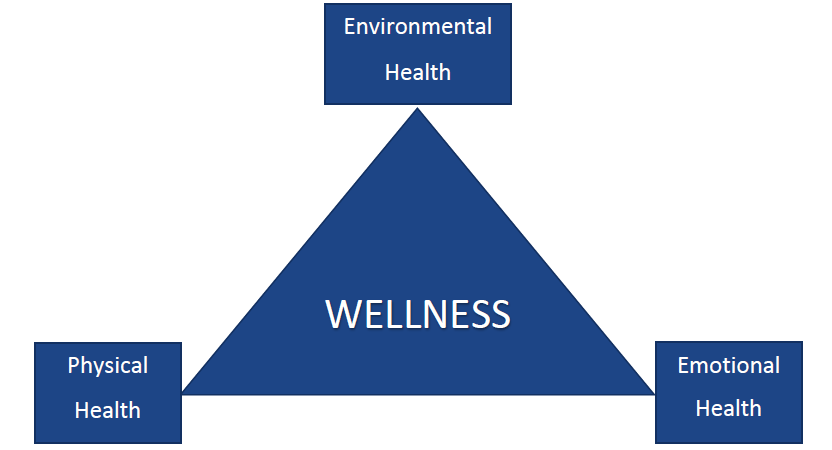Module 8: The Case of the Barking Dog
The Barking Dogs
At the start of this module, we pointed out how overwhelming and stressful the sounds of barking dogs can be in a shelter. These sounds negatively impact the dogs themselves, as well as people in the shelter and particularly the cats in auditory range, who may hiss and hide in fear.
Dogs bark for a number of different reasons—they bark to solicit social support, they do it when they are anxious, when they desire attention, when they are excited, and when they are frustrated. Dogs also bark when they experience fear, and barking may also be used by dogs as a territorial warning signal. Sometimes it is motivated by a combination of different emotions and motivations in the shelter. We will never completely eliminate all barking in shelter dogs. Some barking will be appropriate and positive—such as occasional barks of excitement. That said, with a good behavioral wellness program, we can expect to greatly reduce the frequency of barking by bolstering the emotional health of shelter dogs, thereby reducing the negative emotional states associated with frequent barking including stress, anxiety, fear, and frustration.

With good behavioral care, it is possible to have a reasonably quiet kennel! Just imagine the positive impact that a quiet kennel would have on everyone in the shelter—including the dogs, the cats, and the people alike. Helping animals feel good and behave well in the shelter is what a behavioral wellness program is all about—and, that is simply life-saving! Think, too, about how much more pleasant it would be to visit a quiet kennel with calmer dogs, and in turn to see more relaxed shelter cats, rather than those that are hissing and hiding. The positive impact would not only affect shelter animal health and welfare, but it would also be felt by shelter staff and visitors alike. In particular, think about the potential positive impacts for adoptions. If visitors were less stressed and dogs and cats were easier to approach, this would indeed make it much easier for potential adopters to connect with new four-legged friends!

